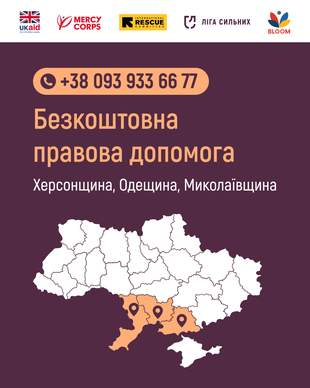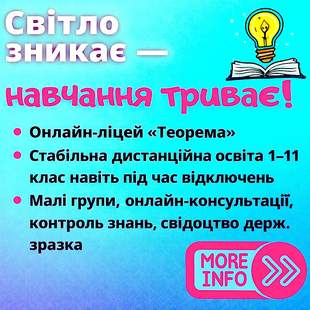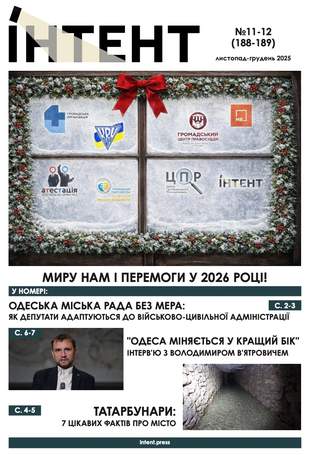Меню
Соціальні мережі
Розділи
Dec. 2, 2024, 9:51 a.m.
Seven parties overcome the electoral threshold to the Romanian parliament
This article also available in English520
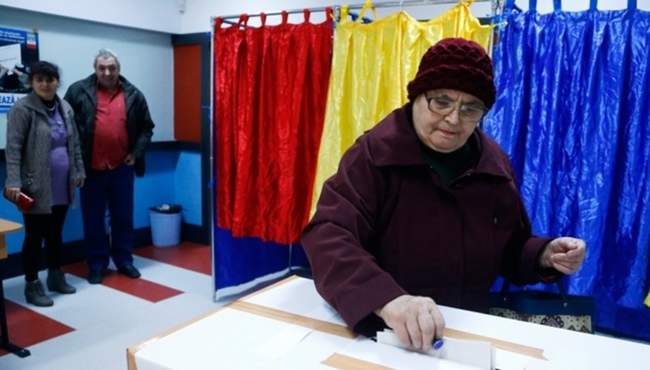
Photo: Ukrinform
The Central Election Commission of Romania has counted the votes of Romanians in the parliamentary elections held on December 1.
As of the morning of December 2, the Central Election Commission reported that the Alliance for the Union of Romanians came out on top, garnering 25.53% of the vote, or 174,535 votes.
The Alliance for the Union of Romanians (abbreviated as AUR) is a nationalist political party operating in Romania and the Republic of Moldova. It was established on September 19, 2019, before the local and legislative elections. AUR participated in the 2020 local elections, winning mayoralty in three cities, but receiving a relatively small number of votes at the national level. However, in the 2020 parliamentary elections, AUR received 9% of the vote in Romania and the diaspora, becoming the fourth largest party in the Romanian parliament.
- The second place was taken by the Romanian Salvation Union with 22.09% of the vote - 150,981.
Uniunea Salvați Romania or the Union for the Salvation of Romania (abbreviated as USR) is a liberal parliamentary political party in Romania, currently the third largest party in parliament after the 2020 legislative elections, which operates on an anti-corruption platform.
- The third place goes to S.O.S Romania, which was supported by 109 thousand 994 voters, i.e. 16.09%. \
SOS Romania is a far-right political party from Romania. The party was founded in November 2021 by Marcel Viziteu, Adeluta and Gabriel Gib, the latter a former member of the Romanian Socialist Party (PSR). It came to prominence on the Romanian political scene in May 2022 after Senator Diana Ivanovic-Socioaca, elected on the Alliance for the Union of Romanians (AUR) list, joined the party and became its leader. SOS Romania is a nationalist, conservative, right-wing populist and Eurosceptic party. It is considered much more radical than AUR.
- The fourth place was taken by the Young People's Party, which was supported by 92,599 Romanians, or 13.54% of the electorate.
The Young People's Party (POT) is an extra-parliamentary sovereign political party in Romania founded by Anamaria Gavrila, a former AUR deputy, in 2023. The party supported the candidacy of Kelin Georgescu in the 2024 presidential election even before he became publicly known - in the first round.
- The fifth place went to the National Liberal Party of Romania, which crossed the seven percent threshold and received 52,522 votes of support, or 7.61% of the vote.
The National Liberal Party (abbreviated PNL) is a historic parliamentary political party in Romania, first founded under the same name on May 24, 1875 in the United Principalities of Moldova and Wallachia and later re-established after the Romanian Revolution of 1989. The National Liberal Party (PNL) is the second Romanian political party in the European Parliament (EP) with 8 MEPs or MEPs out of a total of 33 allocated to Romania, following the June 9 European Parliamentary elections.
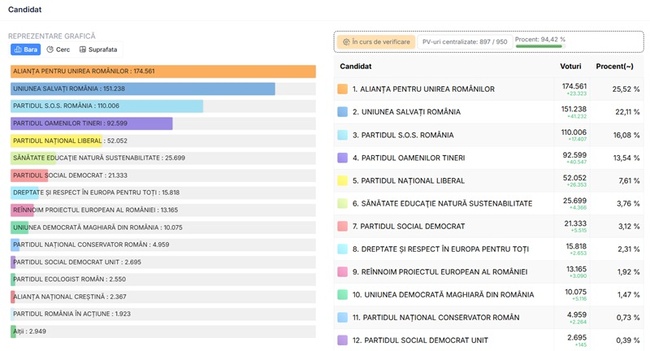
Photo: Prezență vot
In total, 15 political forces competed for seats in the parliament, but only five have crossed the seven percent threshold, so they will form the Romanian parliament.
The Romanian Parliament consists of two chambers: The Senate and the Chamber of Deputies. The Senate has 136 members, and the Chamber of Deputies has 329 seats.
Romania is a semi-presidential republic. Parliament adopts or rejects laws, appoints the government, and can dismiss it through a vote of no confidence. At the same time, the president must approve the documents that pass parliament.
Meanwhile, Romania's Central Electoral Bureau has begun a court-ordered recount of all votes cast in the first round of the presidential election, following accusations that the winner, Kelin Georgescu, illegally used tiktok to boost his campaign.
